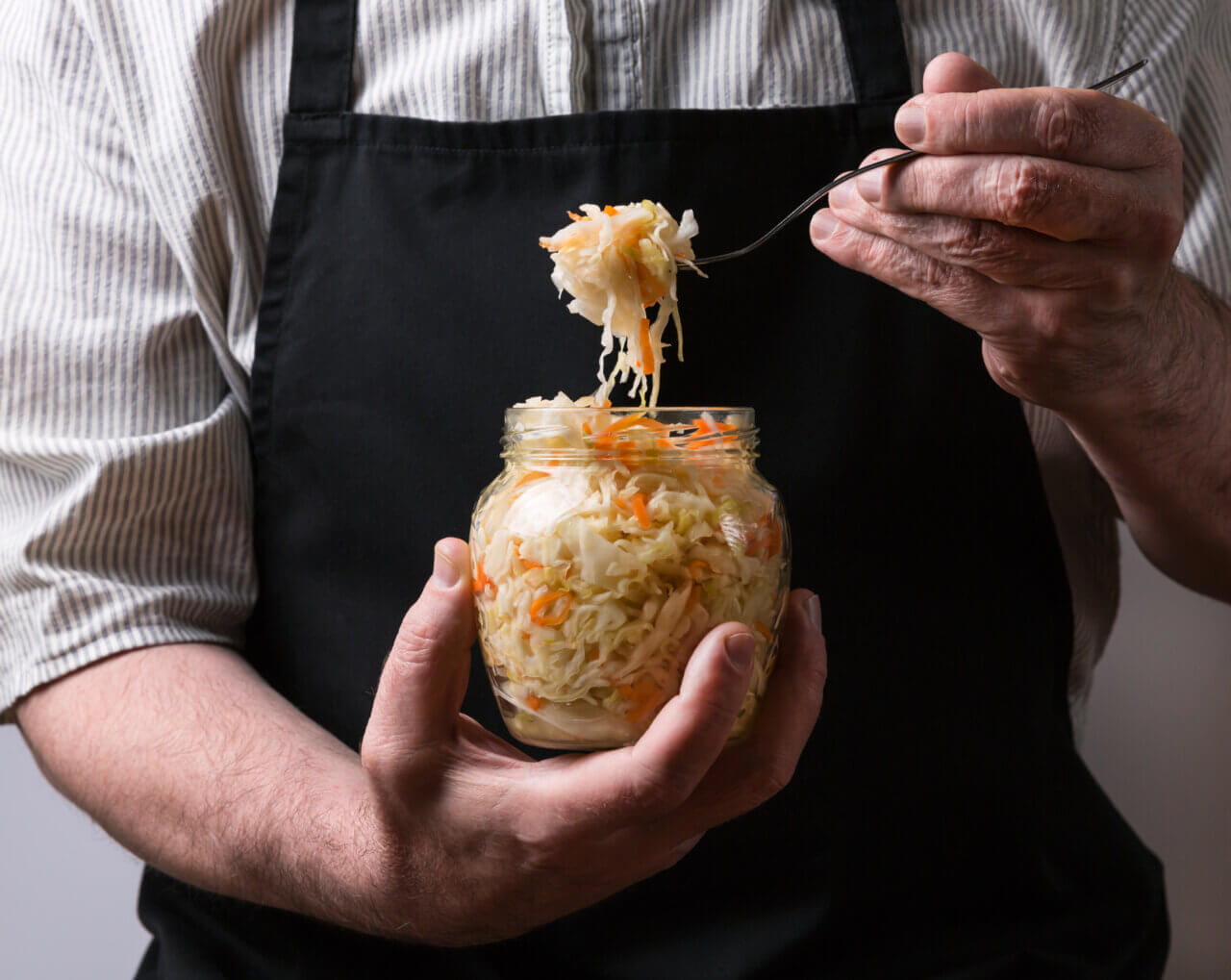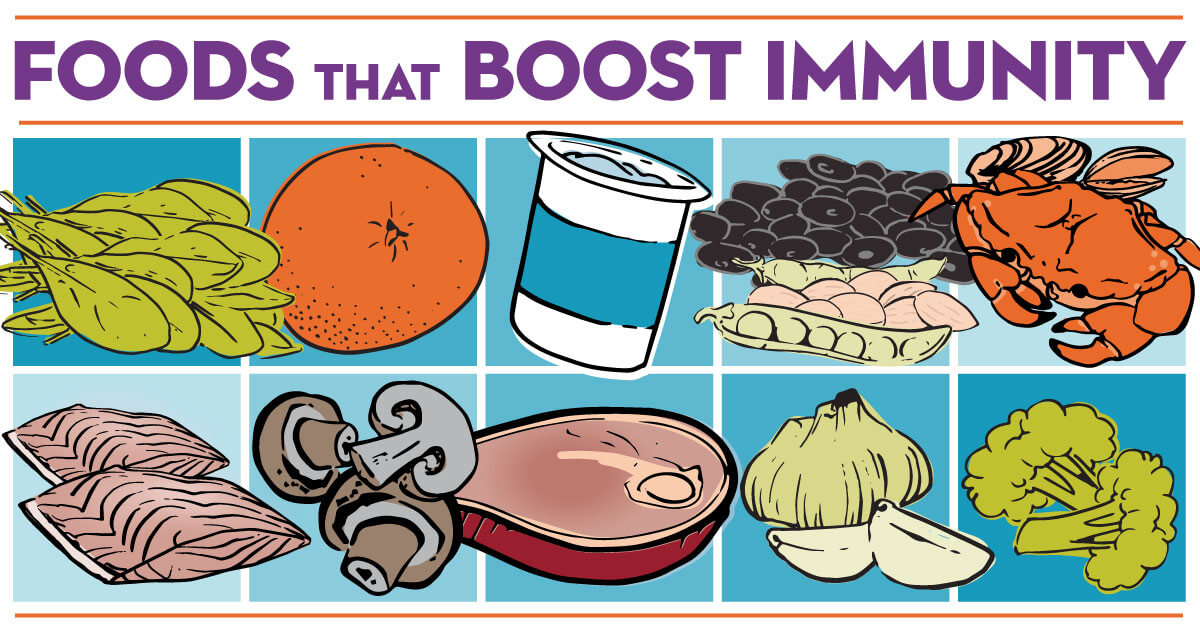Why You Need Probiotics

Probiotics are “good” bacteria or yeast that live in your body. They’re found in several places, including your gut, skin, lungs, mouth, urinary tract, and vagina. Unlike the harmful versions we associate with germs and infections, probiotics are safe for consumption and provide several health benefits.
You can get probiotics from various foods and supplements.
What Do Probiotics Do?
Definitive research on the positive health effects of probiotics is still needed. However, many studies have indicated a strong potential for these benefits:
- Relieving or eliminating the symptoms of irritable bowel syndrome (IBS)
- Treating diarrhea, especially when associated with antibiotics
- Aiding in the digestion of lactose and generally supporting good digestive function
- Increasing immune system effectiveness
- Helping keep good and bad gut bacteria in balance
- Preventing colds and allergies
- Improving bone health
- Improving vaginal and urinary tract health
- Supporting heart health
- Improving certain mental health conditions
- Aiding in weight loss and belly fat reduction
Studies have also shown a minimal risk of side effects from consuming foods containing probiotics, and most adults can safely consume them. Of course, you should always talk with your primary care physician before making any significant changes to your diet.
How to Get Probiotics from Food
Listed below are five excellent sources of probiotics and their benefits.
- Yogurt. When buying yogurt, be sure to read the labels. Look for live cultured and handmade yogurt, as it’s the best probiotic source. Otherwise, you may be consuming lots of artificial sweeteners and high fructose corn syrup. Yogurt can improve bone health and lessen irritable bowel syndrome symptoms.
- Sauerkraut. Unpasteurized fermented cabbage is rich in live cultures. It also minimizes the effects of allergies and is high in vitamins B, A, E, and C. Vitamin B converts food into fuel, allowing our bodies to stay energized. Vitamin A aids in bone growth and immune system function. Vitamin E is rich in antioxidants that reduce cell-damaging particles, while vitamin C protects against immune system deficiencies and cardiovascular disease.
- Pickles. Like their cousin fermented cabbage, pickles are a great source of probiotics. Most contain healthy microbes, but the less commercialized pickles are, the more probiotics they have. Some of their benefits include improved intestinal tract health, cancer risk reduction, and improved mental health.
- Cheese. Cottage cheese, gouda, cheddar, and mozzarella cheese contain probiotics. While not many good bacteria survive the aging process, these specific cheeses are a great source of probiotics. When purchasing cheese, check the labels for active cultures or the words “made from raw milk” and “organic.” The probiotics found in these cheeses have been linked to a reduction in immunosenescence — the process of losing our natural immunity as we age.
- Miso. This Japanese seasoning is made by fermenting soybeans with salt and the fungus koji. This paste is often used in miso soup. Miso isn’t just full of good bacteria. It also contains various vitamins and is linked to a reduced risk of stroke.
When to Take Probiotics
Sometimes it’s necessary to use an antibiotic to kill harmful bacteria in the body. However, probiotics — from supplements to fortified foods — can also play an essential role in helping us feel our best.
“Probiotics take what our body considers good bacteria and put it into the stomach, small intestine, and large intestine,” says Reggie Lyell, MD, a family medicine specialist with Baptist Health Medical Group Family Medicine in Corydon.
When digestive enzymes are out of whack from stress, lack of sleep, or other factors, probiotics “throw it back into a more positive balance,” he says. The result can be less bloating, nausea, cramping, and diarrhea.
Patients often ask Dr. Lyell whether to use a probiotic or an antibiotic. “When you have a correctly diagnosed bacterial infection, probiotics are not a substitute for an antibiotic,” he cautions. Probiotics are for staying well, whereas antibiotics are for fighting confirmed bacterial infections to get well.
Learn More About Nutrition from Baptist Health
Eating a healthy diet is essential for being healthy and feeling your best. Our nutrition experts can provide valuable information on nutrition, diets, and more. Contact us today.
Next Steps and Useful Resources
Why Am I Bloated After I Eat?
3 IBS Triggers You Should Know
What Are Micronutrients?
Best Vitamins to Help Boost Your Immune System



